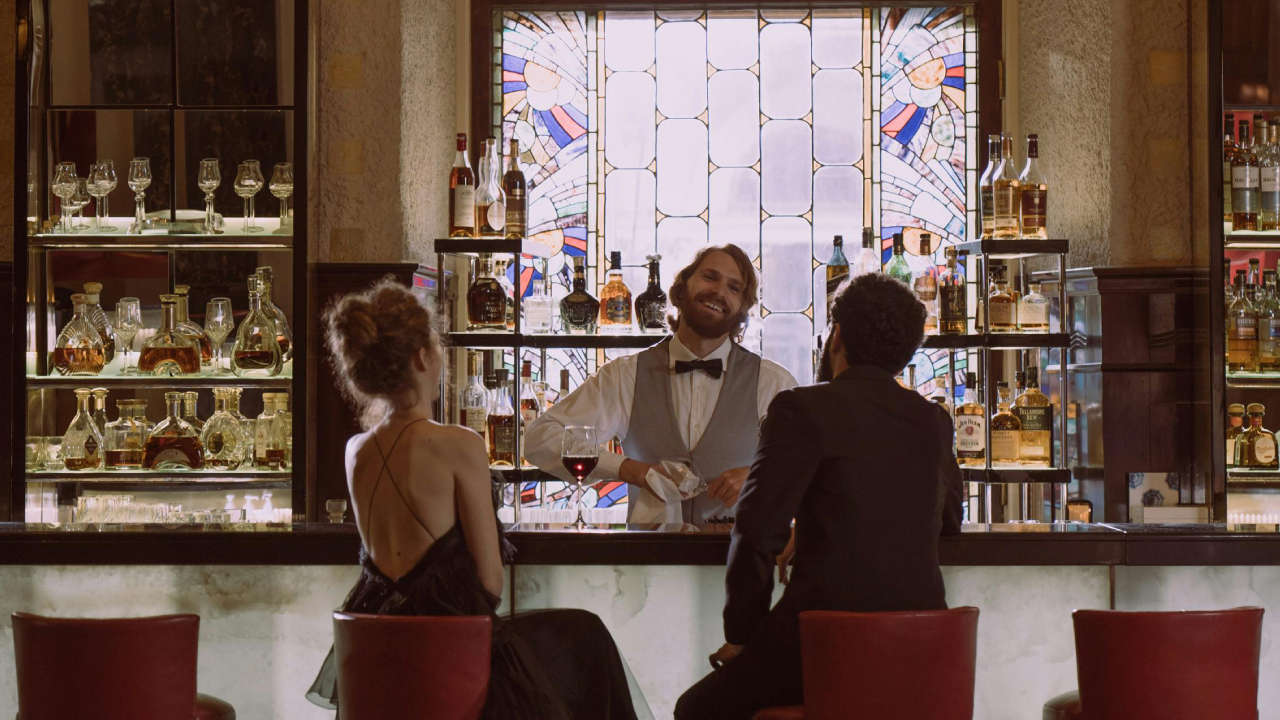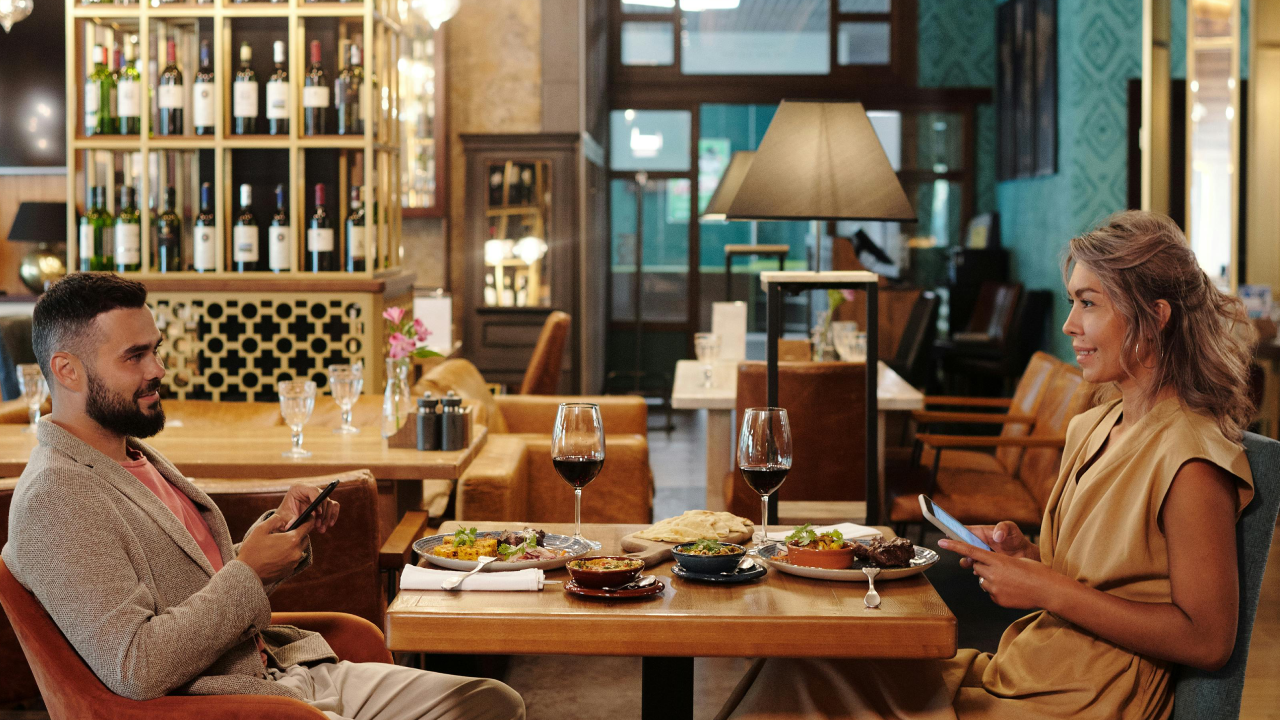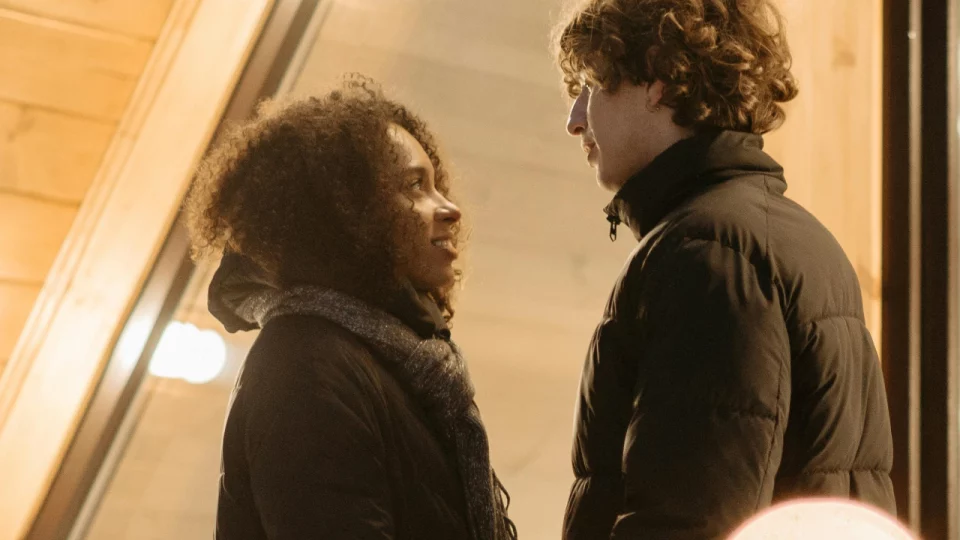In today’s digital world, where dating apps reign supreme, many singles are growing frustrated with endless swiping and shallow conversations. In response to this burnout, some revert to more traditional methods of meeting people—heading out to bars and clubs in hopes of finding a potential mate in person. However, dating coaches argue that bars are, in fact, the worst places to meet someone if you are seeking a meaningful connection.
While bars may have once been the go-to venue for singles, times have changed, and experts now encourage people to explore alternative ways to meet their future partners. In this article, we’ll explore why bars are problematic for meeting potential partners and outline where dating coaches suggest going instead to find genuine connections.
Table of Contents
The Problem with Bars: Superficial and Unreliable

Bars and clubs may seem like the ideal social venues to meet people, especially for singles hoping to find love organically. After all, a bar is a place where people gather, relax, and engage in conversations, seemingly providing an environment conducive to meeting new faces. However, experts argue that meeting potential partners in these settings often leads to fleeting or shallow relationships that rarely translate into deeper, long-term connections.
According to Blaine Anderson, an Austin, Texas-based dating coach and founder of Dating by Blaine, one of the biggest issues with meeting people at bars is the lack of common ground beyond simply sharing the same physical space. “Bars and clubs are bad places to meet people,” she says. “You have nothing in common with them besides the fact that you are in the same location.” The social environment of a bar often encourages casual, alcohol-fueled encounters, which may hinder genuine connection-building.
Lisa Marie Bobby, a relationship psychologist and founder of Growing Self Counseling & Coaching in Denver, adds that people in bars often engage in less-than-sober conversations with strangers. This not only limits meaningful engagement but can also lead to superficial connections that fizzle once the buzz wears off. Moreover, for individuals who don’t prioritize drinking or building a lifestyle around nightlife, frequenting bars as a means of finding a partner can be counterproductive. If you’re not interested in cultivating a relationship centered around drinking or partying, the chances of finding someone who aligns with your values in a bar are slim.
Why Bars Fall Short in Fostering Meaningful Relationships
One of the most compelling arguments against meeting someone in a bar is that bars don’t allow people to showcase their true personalities or core interests. Grace Lee, a New York City-based dating coach and founder of A Good First Date, believes that meeting at a bar is often based on surface-level attraction rather than shared values or passions. She argues, “Meeting people at a bar is probably the least-interesting common denominator. What were the steps you needed to take to get where you are? You like to drink. Maybe you live in the area. And you have enough money to buy a drink. The bar is quite low for going to a bar.”
For most people, going to a bar isn’t a reflection of their hobbies or interests but rather a way to unwind after a long day or week. Therefore, connecting with someone in that environment can result in forming relationships based solely on proximity rather than a deeper, more meaningful foundation. The transient nature of bar settings—often filled with noise, crowds, and distractions—also makes it difficult to have thoughtful conversations or to genuinely get to know another person.
A Numbers Game: Dating Apps and Bars Have a Similar Pitfall

While dating apps offer the convenience of browsing potential matches from the comfort of your home, they share a common drawback with bars: the commodification of individuals. Much like swiping through profiles on Tinder or Hinge, meeting people at bars can create an atmosphere where people feel disposable. The sheer number of people in a bar, combined with the casual interactions often fueled by alcohol, can contribute to a “numbers game” mentality.
As Blaine Anderson points out, “Dating, in general, is a numbers game on or off the apps.” However, when people focus too much on quantity over quality, they may fail to form genuine connections or find someone who aligns with their long-term goals and values. In the fast-paced world of dating, many singles are accustomed to instant gratification—whether it’s finding a match on a dating app or getting immediate attention in a bar setting. Unfortunately, this quick approach to dating rarely leads to the development of meaningful, lasting relationships.
Alternatives to Bars: How to Meet People in More Meaningful Ways
Instead of relying on bars or dating apps, relationship experts suggest exploring alternative ways to meet people that reflect your values, interests, and lifestyle. If you want to meet someone who shares your passions, it’s essential to start by engaging in activities that resonate with you on a personal level. This way, you’re more likely to meet individuals who are fundamentally compatible with you.
Lisa Marie Bobby recommends crafting a lifestyle that incorporates your interests and hobbies into your social calendar. “If you are living a life that you feel good about and you are putting yourself in those situations, you are going to meet people who are fundamentally fairly compatible with you,” she says. The key is to participate in activities that you enjoy, whether it’s hiking, attending food festivals, or joining book clubs.
For those who value outdoor activities, joining a hiking or cycling group can help you meet like-minded individuals who prioritize fitness and nature. If you’re passionate about trying new cuisines or learning about different cultures, attending food festivals, cooking classes, or cultural events can introduce you to others who share similar tastes.
Blaine Anderson echoes this sentiment, encouraging singles to attend events and gatherings that are aligned with their personal values—not simply to meet a romantic interest, but to expand their social circles in an organic way. “Let’s say you go to a lecture at the historical society about a certain topic you’re really interested in—everybody in that room is going to be important,” says Anderson. “By making a connection with someone, you are suddenly connected with their universe of people. You’re not there to meet ‘The One.’ You’re there to meet interesting people who you have a lot in common with. That could lead to something else.”
